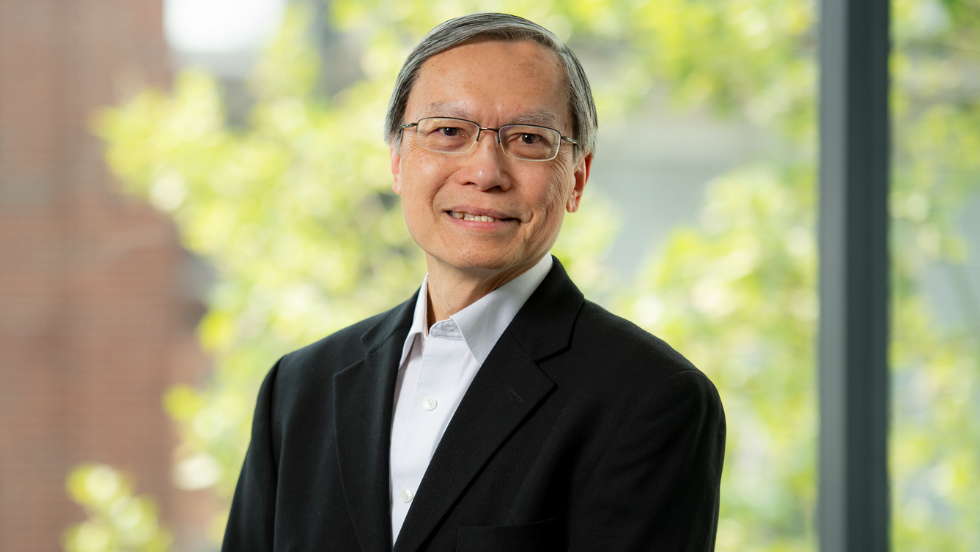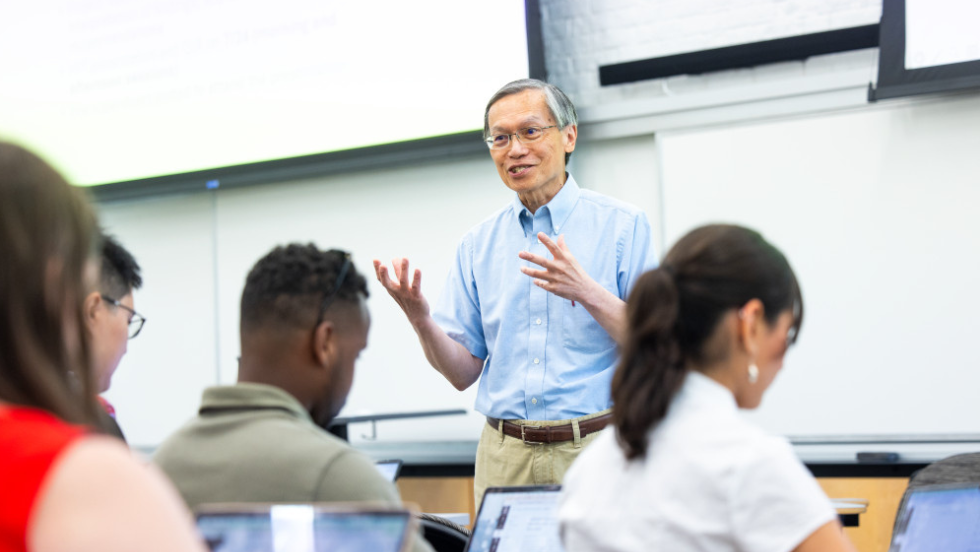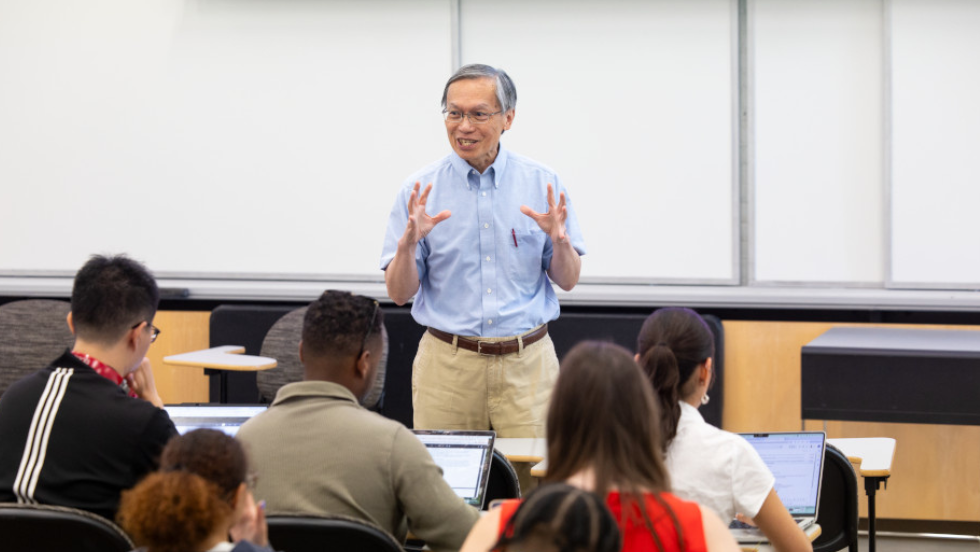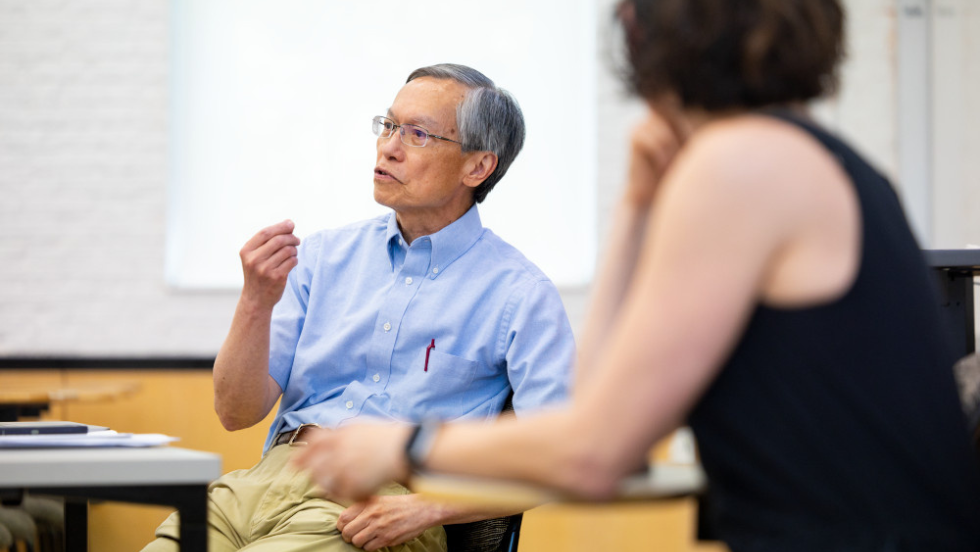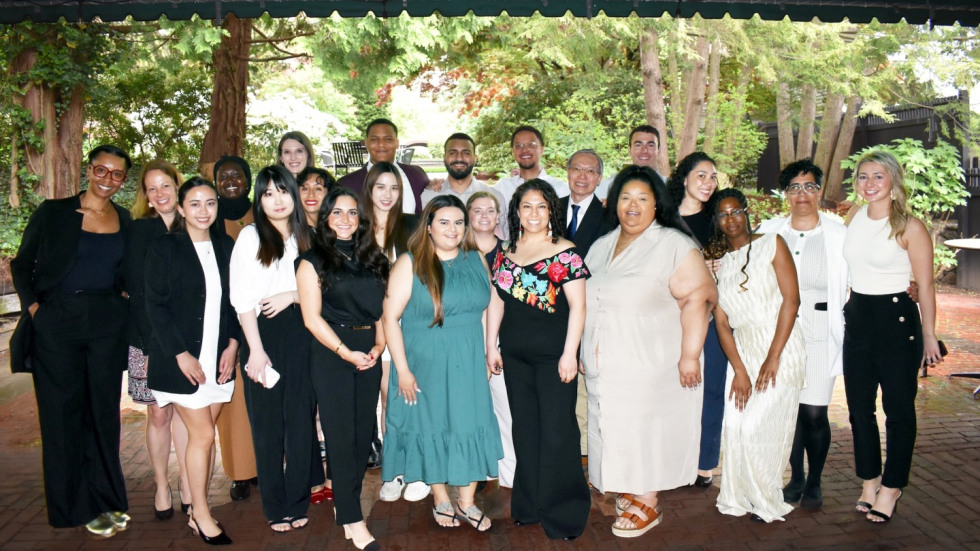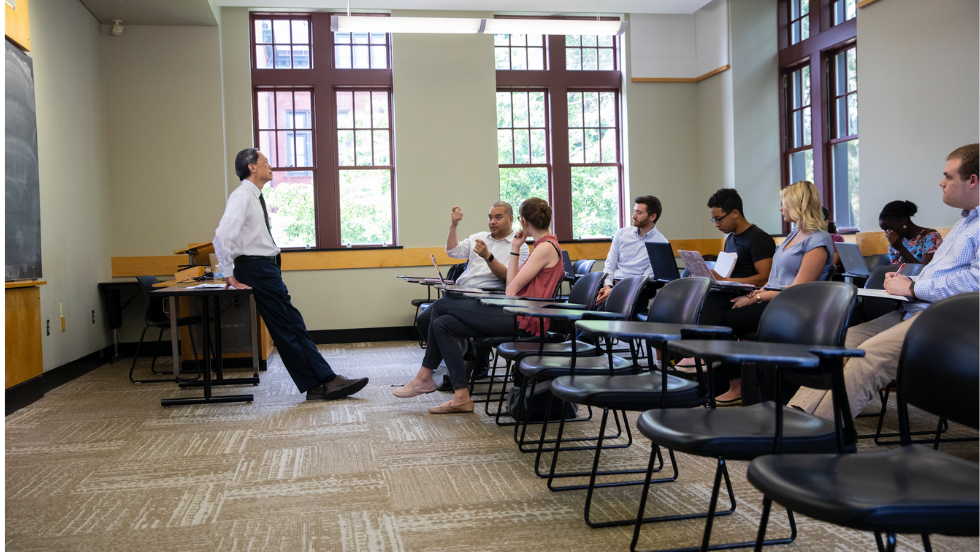When Dr. Kenneth Wong, Walter and Leonore Annenberg Professor Emeritus of Education Policy and Professor Emeritus of Urban Studies and Political Science, founded the Urban Education Policy (UEP) program at Brown University, he sought to create a pipeline of leaders capable of confronting systemic challenges facing urban schools. Nearly two decades later, that vision has helped shape the trajectories of UEP students and alumni, as well as education policy and practice in Rhode Island.
The Founding Vision: A New Era in Graduate Education
Wong designed the UEP program as a yearlong, intensive graduate curriculum integrating policy analysis, quantitative skills, and practical engagement with urban communities. From the start, he emphasized a small, diverse, and collaborative cohort model that fosters mentorship, research opportunities, and leadership development.
Reflecting on the program’s origins, Wong described its creation as one of his “signature accomplishments,” noting that “with commitment and support from faculty colleagues in the Education Department and the Annenberg Institute over the years, UEP has earned its national reputation as a rigorous academic program for our next generation of urban education policy change agents.”
“Launching the UEP master’s program nearly 20 years ago faced a unique challenge at Brown when the dominant academic culture was undergraduate centric,” Wong explained, noting that as one of the university’s earliest master’s programs, UEP helped set the stage for Brown’s broader commitment to multidisciplinary graduate education.
“Dr. Wong’s Systems and Governance course was one of my first introductions to the Urban Education Policy program, and it immediately set the tone for the depth and rigor that define UEP,” said Sam Stockwell, UEP'20 and Director of Communications and Strategy at the Center for Education Policy Research at Harvard University. “The class was a fantastic immersion into the complex, overlapping systems of governance that shape the experiences of students and educators. His depth of knowledge and understanding of how policy, leadership, and systems interact left a lasting impression that continues to inform how I think about educational improvement.”
